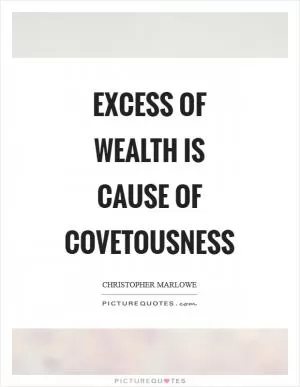Goodness is beauty in the best estate

Goodness is beauty in the best estate
Christopher Marlowe, a renowned English playwright and poet of the Elizabethan era, is often celebrated for his profound insights into human nature and the complexities of morality. One of his most famous quotes, “Goodness is beauty in the best estate,” encapsulates his belief in the intrinsic connection between virtue and beauty.In the context of Marlowe’s works, this quote can be interpreted as a reflection of his belief in the power of goodness to elevate and enhance the human spirit. Marlowe’s characters often grapple with questions of morality and ethics, and the consequences of their actions on their own souls and the world around them. In plays such as “Doctor Faustus” and “Tamburlaine,” Marlowe explores the themes of ambition, power, and the pursuit of knowledge, all of which can lead to moral corruption if not tempered by a sense of goodness and virtue.
For Marlowe, goodness is not just a moral imperative, but also a source of beauty and grace. In a world filled with darkness and chaos, acts of kindness, compassion, and selflessness shine like beacons of light, illuminating the path towards a more harmonious and just society. In his works, Marlowe often contrasts the beauty of goodness with the ugliness of evil, showing how the former can triumph over the latter through courage, integrity, and a steadfast commitment to doing what is right.
Furthermore, Marlowe’s quote can also be seen as a reflection of his own personal beliefs and values. As a writer who lived during a time of political and religious turmoil, Marlowe was no stranger to the complexities of human nature and the challenges of living a virtuous life in a world filled with temptation and corruption. By championing the idea that goodness is beauty in its highest form, Marlowe sought to inspire his audience to strive for moral excellence and to recognize the inherent worth and dignity of all human beings.












 Friendship Quotes
Friendship Quotes Love Quotes
Love Quotes Life Quotes
Life Quotes Funny Quotes
Funny Quotes Motivational Quotes
Motivational Quotes Inspirational Quotes
Inspirational Quotes